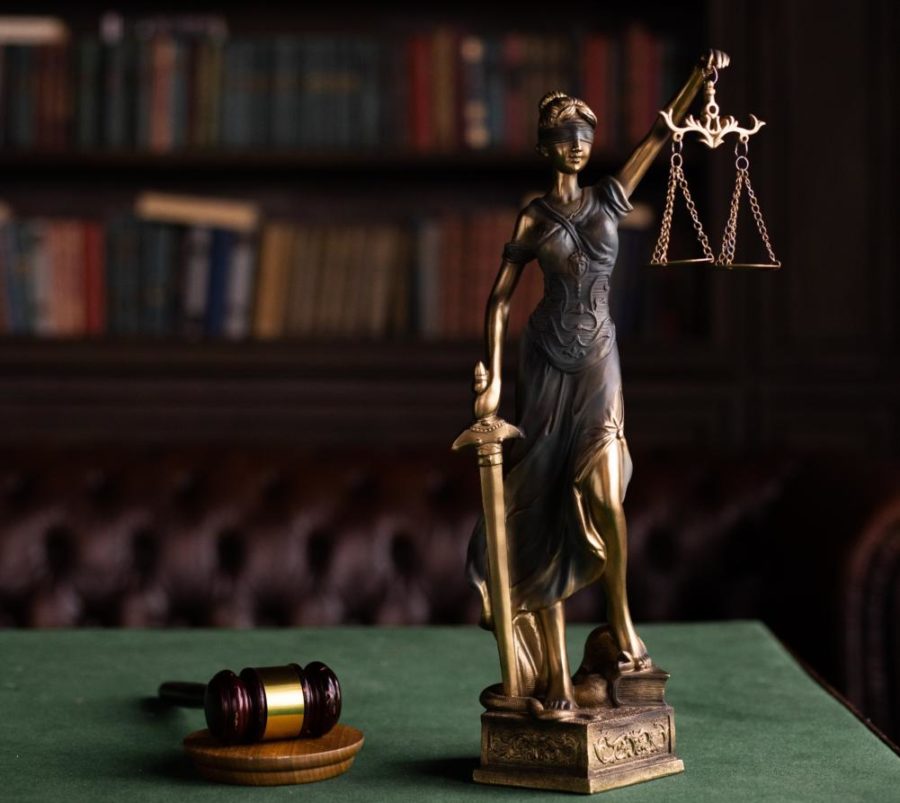Recent High-profile Supreme Court Cases, Explained
February 16, 2023
After the bombshell Supreme Court ruling that overturned Roe v Wade, the highest court in the United States has been anything but in the background, and these past few months have been no different, with a plethora of high-profile cases being put on the list to be heard out by the court. For many, this can be very confusing. Hopefully, this brief overview will help people who want to learn more.
Brackeen v. Haaland
Brackeen v Haaland primarily covers ICWA, or the Indian Child Welfare Act. ICWA was passed in 1978 after emerging evidence demonstrated that a disproportionate amount of Indigenous children were removed from their families, and then placed into non-Indigenous families. To counter this, Congress passed ICWA, which prioritizes that Indigenous children will be placed in indigenous homes, as well as standards for abuse/neglect cases regarding Indigenous children.
Now in the present day, the Cherokee Nation is challenging an adoption petition filed by Chad and Jennifer Brackeen, a white family attempting to adopt an Indigenous child. Brackeen v Haaland is a collection of multiple lawsuits between multiple parties that will be heard at the same time. The Brackeen family and the State of Texas argue that ICWA is in violation of the tenth amendment.
Moore v. Harper
Harper v Moore centers around the independent state legislature theory, which proposes that the Constitution allows the power to oversee federal elections to the states—specifically the state legislatures—with minimal checks or balances. This legal theory is a response to North Carolina’s Supreme Court shooting down a congressional district map that was gerrymandered, which means manipulating congressional districts to the benefit of a political party, in the Republicans’ favor.
The North Carolina legislature argues that Article 1, Section 4, Clause 1 of the Constitution validates their legal theory. However, If state legislatures had control over regulating federal elections in their own state, it would make federal election procedure splintered, causing any vote on the federal level that much harder to conduct and certify.
303 Creative v. Elenis
303 Creative v Elenis focuses on Lorie Smith, a web designer who refuses to design websites for same-sex couples due to her faith. She is preemptively suing the state of Colorado to challenge an anti-discrimination law that requires any publicly accessible business to serve anyone regardless of race, religion, sexual orientation, and gender.
Lorie Smith’s lawyer representing her in the case argues that the Colorado law preventing her from refusing service based on sexual orientation is “government compelled speech”, thus violating her first amendment right to free speech. A similar case surrounding a baker refusing to bake a cake for a same-sex wedding in 2018. However, the basis of Lorie’s legal argument being based on freedom of speech can radically change the ramifications of the case if the Supreme Court rules in her favor.
Overall, there’s a host of critical court cases on the docket for the Supreme Court to rule on, all of which can have a tremendous effect on the people in question, and American society as a whole.
If you would like to do more research into these cases, the transcripts for the oral arguments are found below.
Moore v Harper oral argument transcript
